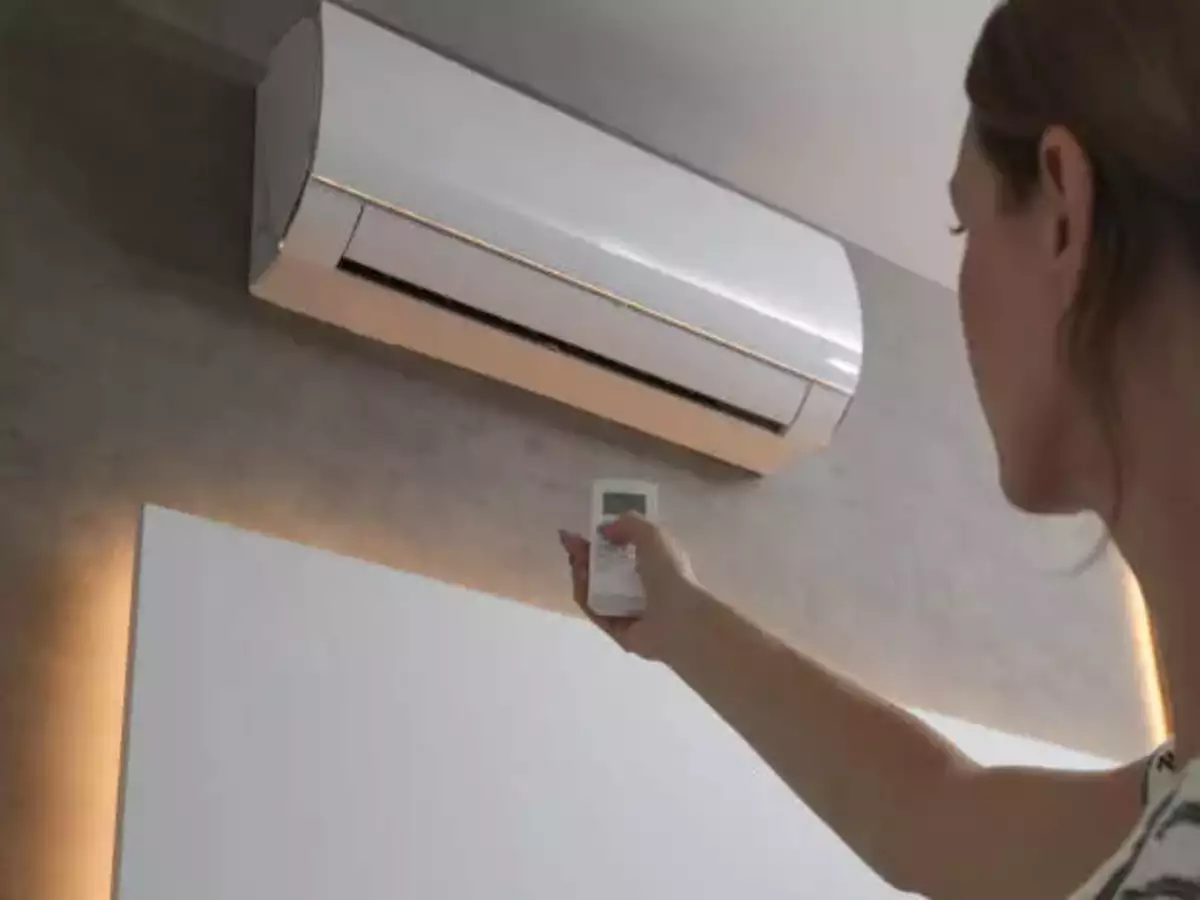AC Maintenance: Regular maintenance is essential in optimizing efficiency and extending the life of the equipment. Maintenance check-ups every year identify and can fix minor imperfections before they become important issues, making for better performance and efficiency and conservation of energy.
Advantages: Maintenance of ACs
- Better Efficiency: Filtered and cleaned coils improve air flow and heat exchange, with the AC cooling rooms more efficiently and conserving energy.
- Longer Lifespan: Maintenance for wear and tear lengthens the unit’s lifespan, providing consistent performance over time.
- Cost Savings: Preventive maintenance minimizes the risk of repair bills and break-down emergencies through early detection of problems.
- Improved Air Quality: Clean components equate to cleaner indoor air quality, eliminating allergens and toxins circulating in the home.
Essential Maintenance Tasks
- Filter Cleaning: Enables free flow of air and efficiency.
- Refrigerant Level Check: Ensures highest cooling efficiency and compressor failure avoidance.
- Coil Check: Efficient heat transfer by clean coils avoids system overheating.
- Thermostat Calibration: Ensures accurate temperature control and saves energy.
- Tightening Electrical Connections: Avoids electrical faults that can cause system failure or safety risks.
Avoiding Common AC Problems
Maintenance prevents common problems like-
- Refrigerant Leaks: Leak detection and repair ensures cooling efficiency and minimizes environmental harm.
- Clogged Filters: Avoiding airflow restriction ensures smooth cooling and minimizes system stress.
- Frozen Evaporator Coils: Frequent checks avoid problems that freeze the system and render it useless.
Energy Efficiency and Cost Savings
An unserviced AC system loses 5% efficiency annually, causing increased energy costs. Regular maintenance keeps the system at maximum efficiency, delivering consistent cooling without wasteful energy consumption.
Keeping Manufacturer’s Warranty
Most manufacturers have yearly maintenance necessary to maintain warranty coverage. Lack of routinely scheduled maintenance can invalidate warranty coverage, and the result is out-of-pocket costs for replacement or repair.


